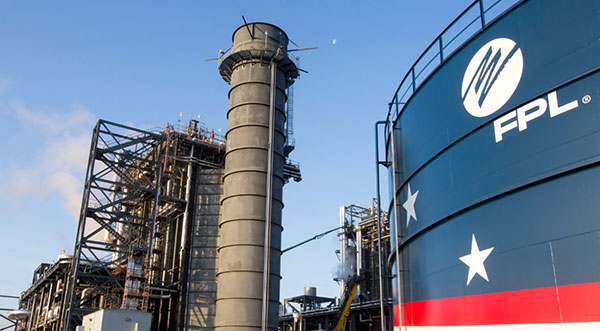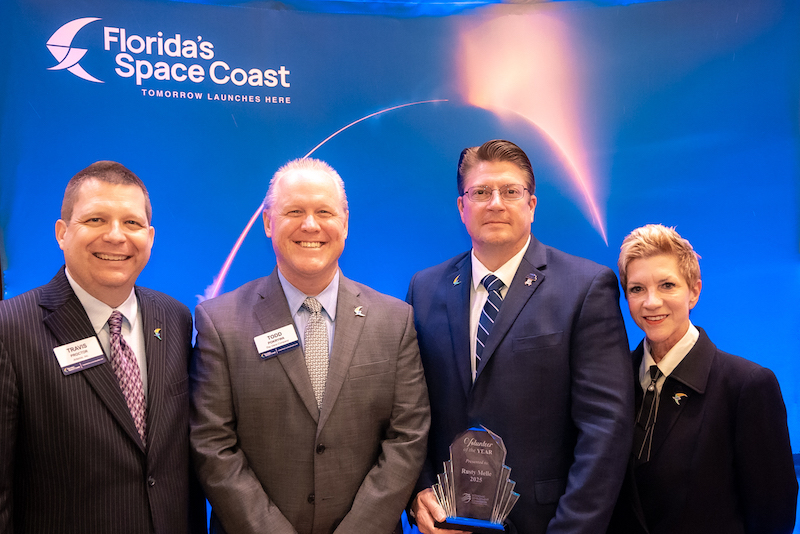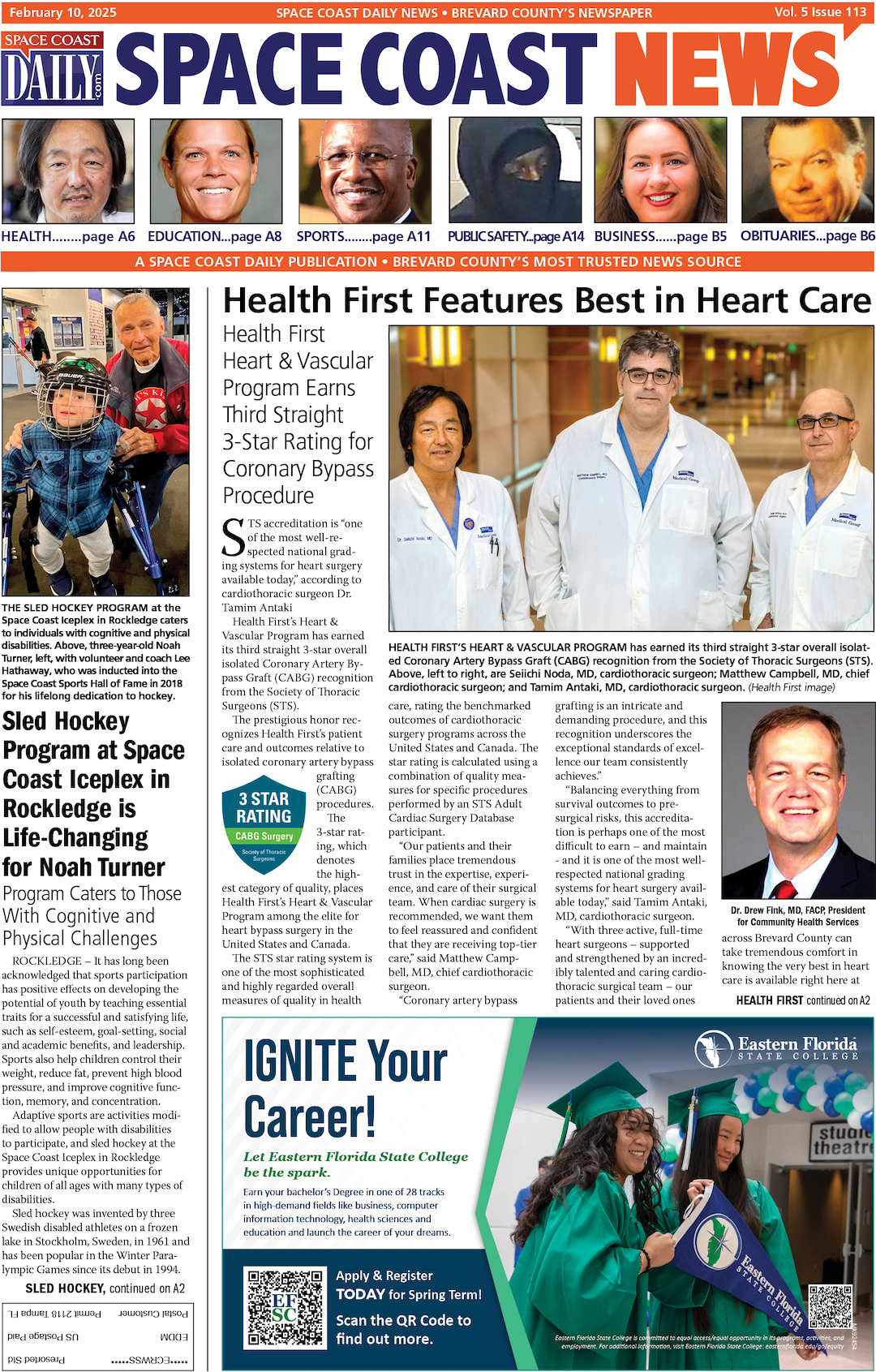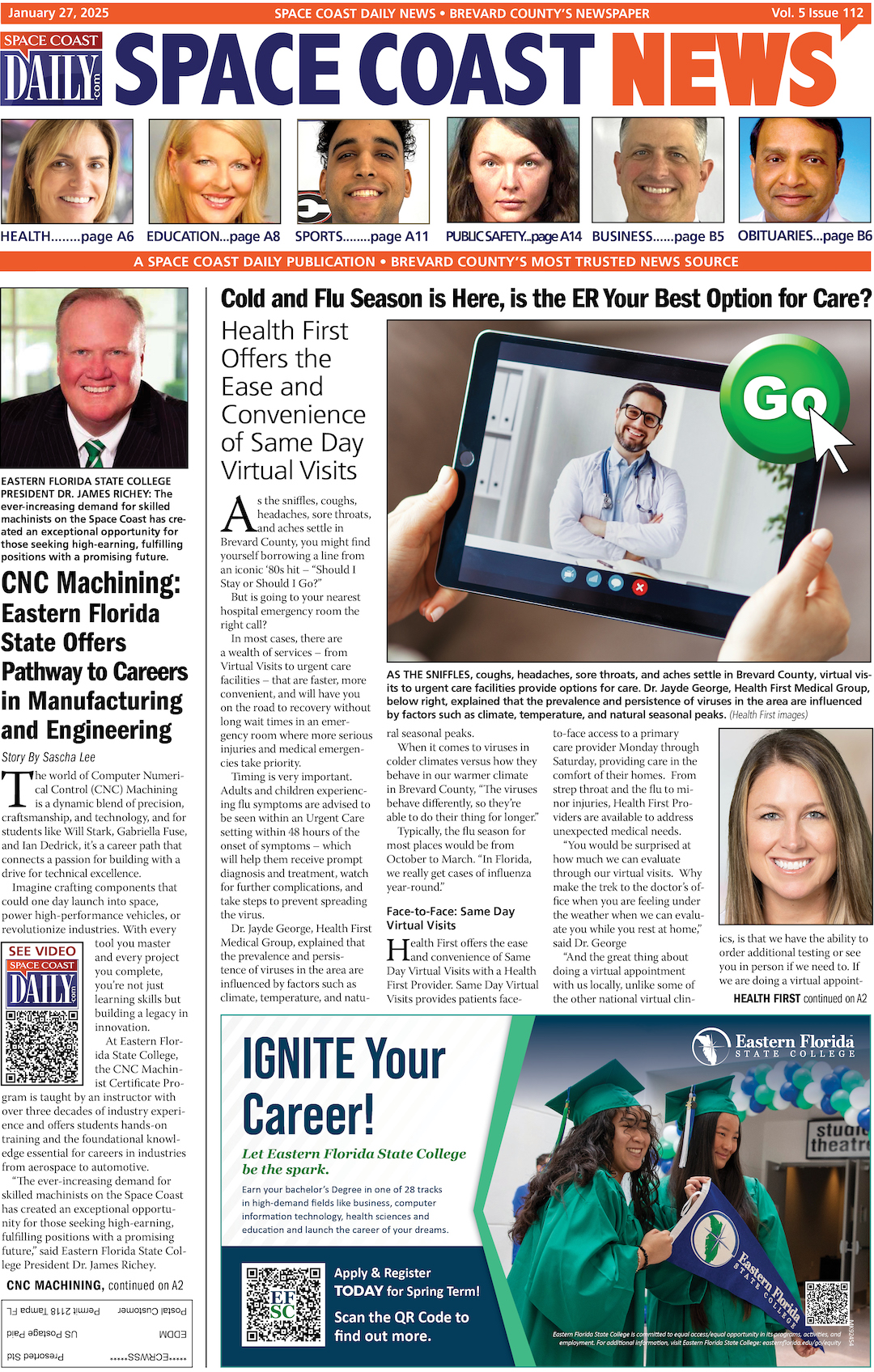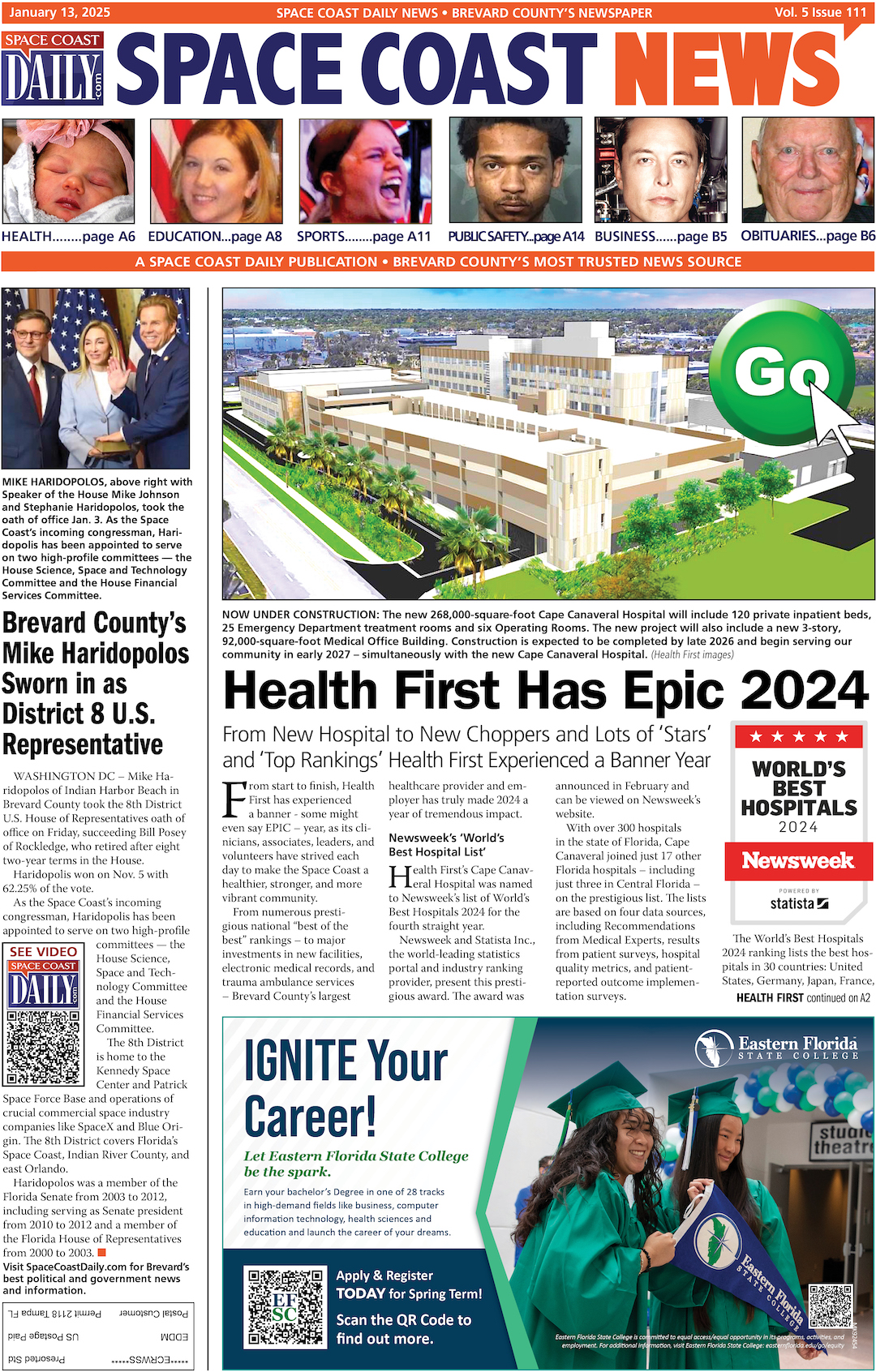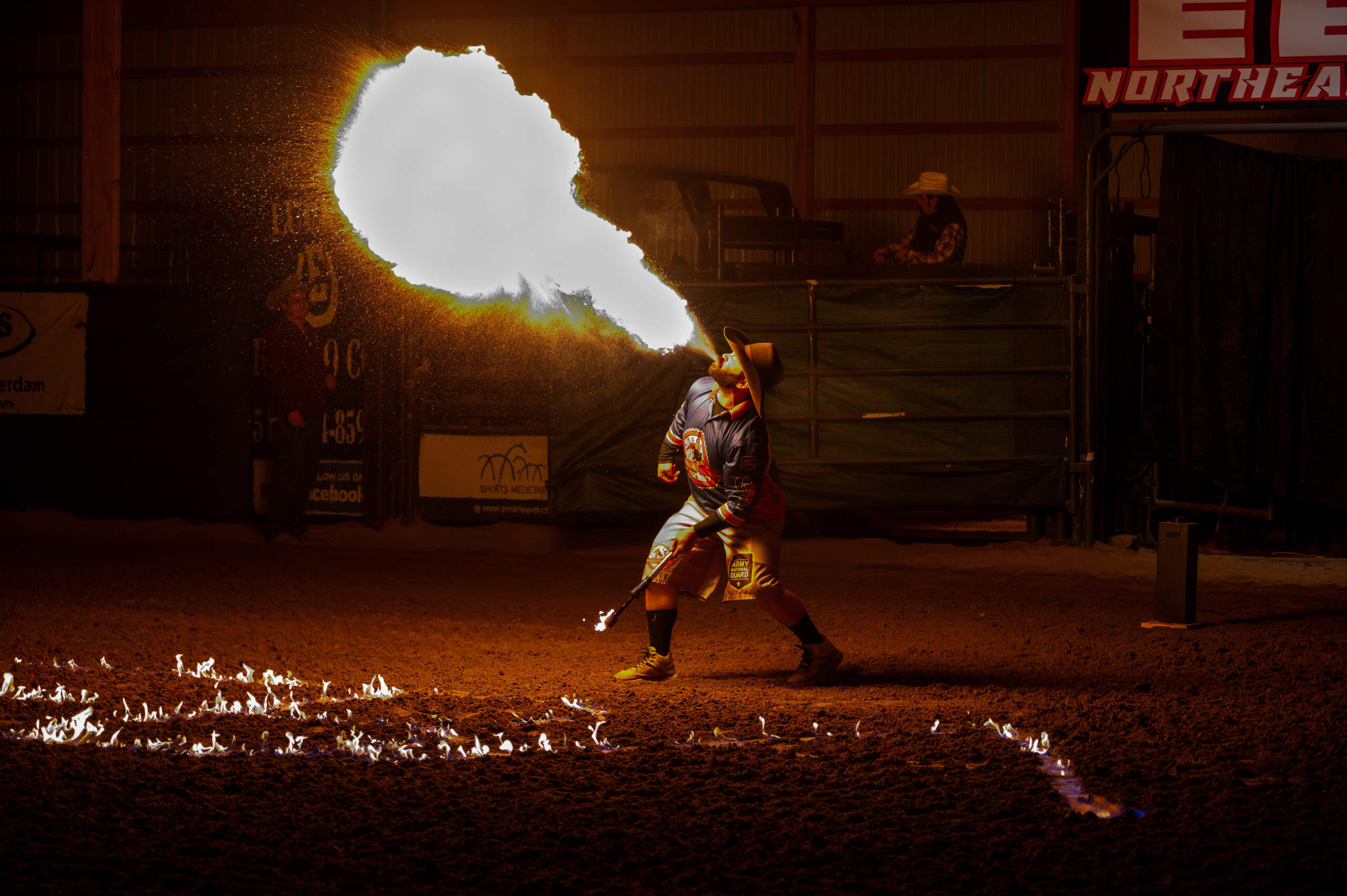How To Ease Post-Workout Muscle Soreness
By Space Coast Daily // January 21, 2023

If you go to the gym frequently, there is a good possibility that you have experienced muscle pain that occurs after a workout.
When muscles are exposed to forces that induce microscopic tears in the muscle fibers, the muscles respond by growing and becoming stronger as a result of the trauma.
Because the damaged cells need to be flushed out and new, stronger muscle cells need to be built, fluid rushes to the area, which can be very unpleasant.
The sensation is known scientifically as delayed onset muscle soreness or DOMS for short, and there is absolutely no reason to be alarmed by it.
Muscle soreness anywhere from 12 to 48 hours after a workout is an indication that your muscles are growing adapted to your exercise regimen.
In point of fact, this soreness is a sign that your muscles are getting stronger. What is the catch? Your range of motion may be affected if you have excessive muscle soreness.
Despite the fact there is no foolproof method to prevent muscular soreness, the following five approaches can be of assistance during the recovery process:
- Hydrate. Dehydration is one of the worst things you can do to help your muscles heal. You need fluid to flush out a damaged muscle. As a general rule, you should drink 8 ounces of water for every 15 to 30 minutes you work out. If you skip this important step, your pain will not only feel worse, but it will also last longer.
- Take time to warm up: Before you work out, stretch your muscles for 10 to 15 minutes with some stretching exercises. Then, do some easy aerobic activity (a slow jog or a brisk walk). Make sure that the muscles you are working out that day get a lot of blood. If you are running in cold weather, the muscles should feel warm. This strategy will not only keep you from getting hurt, but it will also prepare your muscles for rebuilding after exercise.
- And cool down: Taking the time to slow down your workout instead of stopping it all at once can help keep fluid from building up in your muscles and joints. Also, if your heart is really beating fast, a 10- to 15-minute cool-down will help you breathe normally again.
- Rub yourself down. A tight muscle can feel better when you massage it. When you work through the knots, the muscle relaxes on its own. It also sends blood to the area and moves fluid out of the body, which speeds up the healing process. In addition, it feels good!
- Keep moving. Exercise may seem like a bad idea when your muscles are already hurting, but research shows that light activity keeps the blood moving and speeds up the body’s ability to get rid of waste and chemicals that cause muscle pain. Wear supportive braces from BLITZU while you are recovering to make it more comfortable and to reduce the risk of long-term damage.What are your top tips to help with post-workout muscle soreness?

